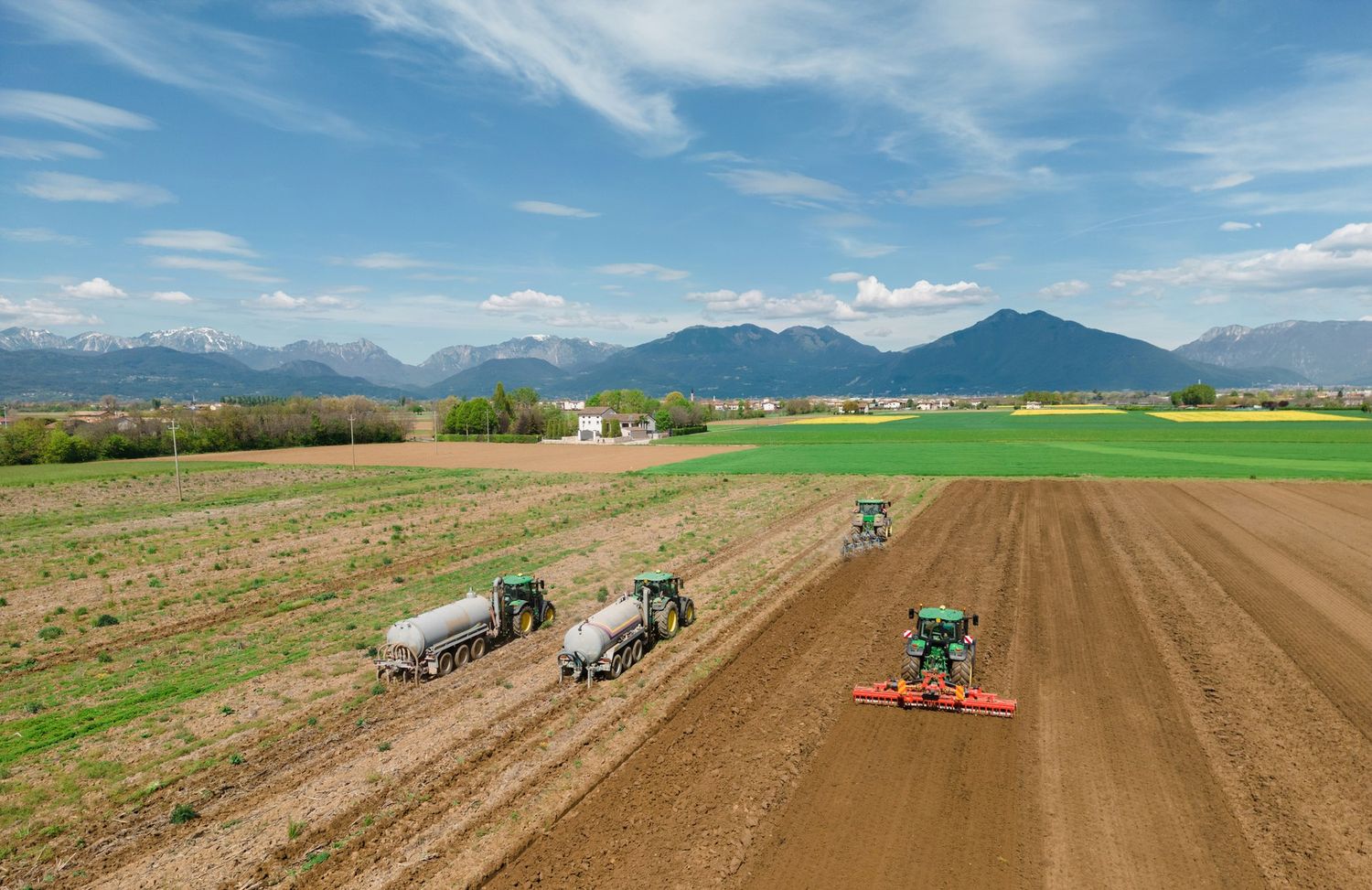Insights
What is Commodity Market?
Dresyamaya Fiona
•
4 minutes
read
•
Dec 2, 2024
Commodity markets are vital to the global economy, providing a structured platform for the trading of essential goods and resources.

A commodity market is a physical or virtual marketplace where commodities are traded. Commodities are basic goods used in commerce that are interchangeable with other goods of the same type. The market allows for the trading of various types of commodities, providing a platform for producers, consumers, and traders to buy and sell these essential resources.
Types of Commodities
Commodity markets typically classify commodities into two main categories: hard commodities and soft commodities.
- Hard Commodities: These are natural resources that are mined or extracted.
- Metals: Gold, silver, platinum, and copper.
- Energy: Crude oil, natural gas, and coal.
- Soft Commodities: These are agricultural products or livestock.
- Grains: Wheat, corn, rice, and soybeans.
- Livestock: Cattle, hogs, and sheep.
- Other Agricultural Products: Coffee, sugar, cocoa, and cotton.
How Commodity Markets Operate
Commodity markets operate through two main mechanisms: spot markets and futures markets.
- Spot Markets: In spot markets, commodities are bought and sold for immediate delivery and payment. The price is determined by supply and demand dynamics at that moment. For example, if a farmer harvests wheat and sells it directly to a local mill, that transaction occurs in the spot market.
- Futures Markets: Futures markets involve contracts that agree to buy or sell a commodity at a predetermined price on a specified future date. These contracts allow producers and consumers to hedge against price fluctuations. For example, a farmer may enter a futures contract to lock in the price of wheat before the harvest, protecting against potential price drops.
Exchanges
Commodity trading typically occurs on exchanges, which provide a regulated environment for buyers and sellers to transact. In addition to formal exchanges, some commodity trading occurs in the OTC market, where transactions are conducted directly between parties without the supervision of an exchange.
The Importance of Commodity Markets
- Price Discovery: Commodity markets help determine the prices of various goods through the forces of supply and demand. This process ensures that prices reflect the current market conditions and trends.
- Risk Management: Producers and consumers use commodity markets to hedge against price volatility. For example, a farmer can lock in prices for their crops in advance, reducing uncertainty regarding future revenue.
- Economic Indicators: Commodity prices often serve as indicators of economic health. Rising prices may signal increased demand, while falling prices may indicate a slowdown in economic activity.
- Global Trade: Commodity markets facilitate international trade, allowing countries to exchange resources and materials that are not available domestically. This exchange promotes economic growth and interdependence among nations.
- Investment Opportunities: Commodity markets offer investors various opportunities, from direct investment in physical goods to trading in futures contracts and exchange-traded funds (ETFs) linked to commodities.
Conclusion
Commodity markets are vital to the global economy, providing a structured platform for the trading of essential goods and resources. Understanding how these markets operate, the types of commodities traded, and their significance can help individuals and businesses navigate the complexities of the global economy.





